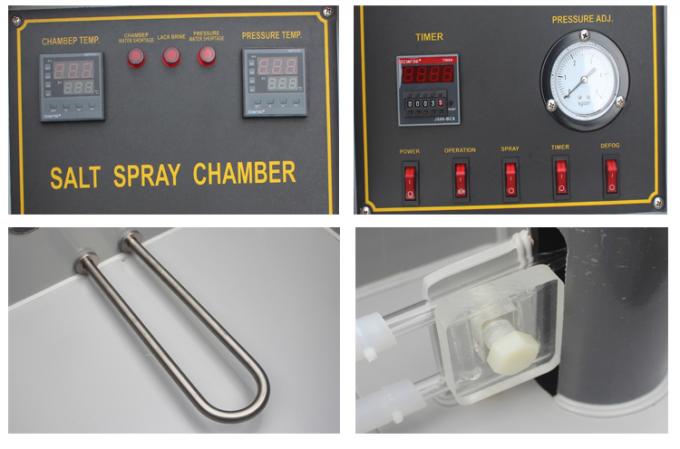- Qinsun Instruments Co., Ltd.
- Tell:+86-21-6780 0179
- Phone:+86-17740808215
- Address:No. 2578 Minhang District Gu Dai Road, Shanghai
- Contact:Mr. Li
- QQ:846490659
The difference between reverse phase and normal phase chromatography

The polarity of the mobile phase relative to the stationary phase determines whether it is reverse or positive. A mobile phase with stronger polarity than a stationary phase is called reverse phase chromatography; A mobile phase with weaker polarity than a stationary phase is called normal phase chromatography. Reverse phase chromatography mobile phase has strong polarity and is prone to carrying polar molecules while leaving non-polar molecules behind. This is mainly used for the separation of non-polar samples. The commonly used high-pressure liquid chromatography is this type, and some people like to say reverse phase liquid chromatography, which actually means it appears more knowledgeable.
Positive phase chromatography stationary phase has strong polarity and is prone to leaving polar molecules behind, so it is mainly used for the separation of polar samples. Like ion chromatography. In practical applications, it seems that there is not much attention paid to the positive or negative phases, but rather to the polarity of the material that the column can withstand. Reverse phase liquid chromatography columns cannot use highly polar pure water. At least 5% organic solvent should be added to weaken the polarity of water. The ion chromatography column of the normal phase must not enter organic matter. However, gas chromatography is actually a normal phase chromatography, which often requires no water to enter. The distinguishing method between positive and negative phases in high-performance liquid chromatography is as follows: positive phase chromatography: the polarity of the stationary phase is greater than that of the mobile phase; Reverse phase chromatography: The polarity of the stationary phase is lower than that of the mobile phase.
High Performance Liquid Chromatography (HPLC), also known as "high pressure liquid chromatography", "high-speed liquid chromatography", "high separation liquid chromatography", "modern column chromatography", etc. High performance liquid chromatography is an important branch of chromatography, which uses liquid as the mobile phase and adopts a high-pressure infusion system to pump mobile phases such as single solvents with different polarities or mixed solvents and buffer solutions with different proportions into a chromatographic column containing a stationary phase. After the components in the column are separated, they enter the detector for detection, thereby achieving analysis of the sample. This method has become an important separation and analysis technique in disciplines such as chemistry, medicine, industry, agriculture, commercial inspection, and forensic analysis.





